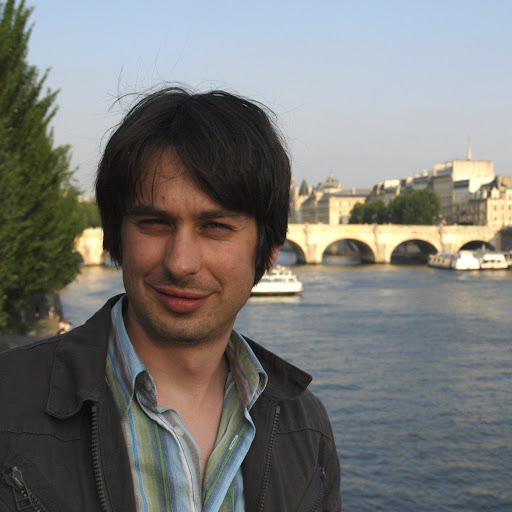 Georgios Dimitroglou Rizell received his Ph.D. in mathematics at Uppsala University in 2013. He will hold a postdoctoral position in Professor Ivan Smith’s research group at University of Cambridge, UK.
Georgios Dimitroglou Rizell received his Ph.D. in mathematics at Uppsala University in 2013. He will hold a postdoctoral position in Professor Ivan Smith’s research group at University of Cambridge, UK.
Symplectic manifolds are spaces of even (2, 4, 6, …) dimension in which one can define and study so-called Hamiltonian dynamical systems. The concept was originally developed in order to solve problems of classical mechanics like finding the trajectories of the planets in the solar system, or understanding the movement of a charged particle in a magnetic field. Symplectic manifolds studied presently can be viewed as generalizations of such dynamical systems.
Georgios Dimitroglou Rizell is interested in applying methods inspired by results in the theory of symplectic manifolds to knot theory. A knot can be imagined as a string whose two ends are melded together. There are infinitely many knots. One of the challenges of the modern knot theory, which has flourished during the last thirty years, is to find computationally feasible methods to tell knots apart.
Ivan Smith, the proposed host at Cambridge University, is currently working on such methods by extending ideas from the theory of symplectic manifolds to other settings. Researchers hope that such extensions will make progress in knot theory possible. Knots have applications in string theory of mathematical physics as well as in studies of DNA in biology.